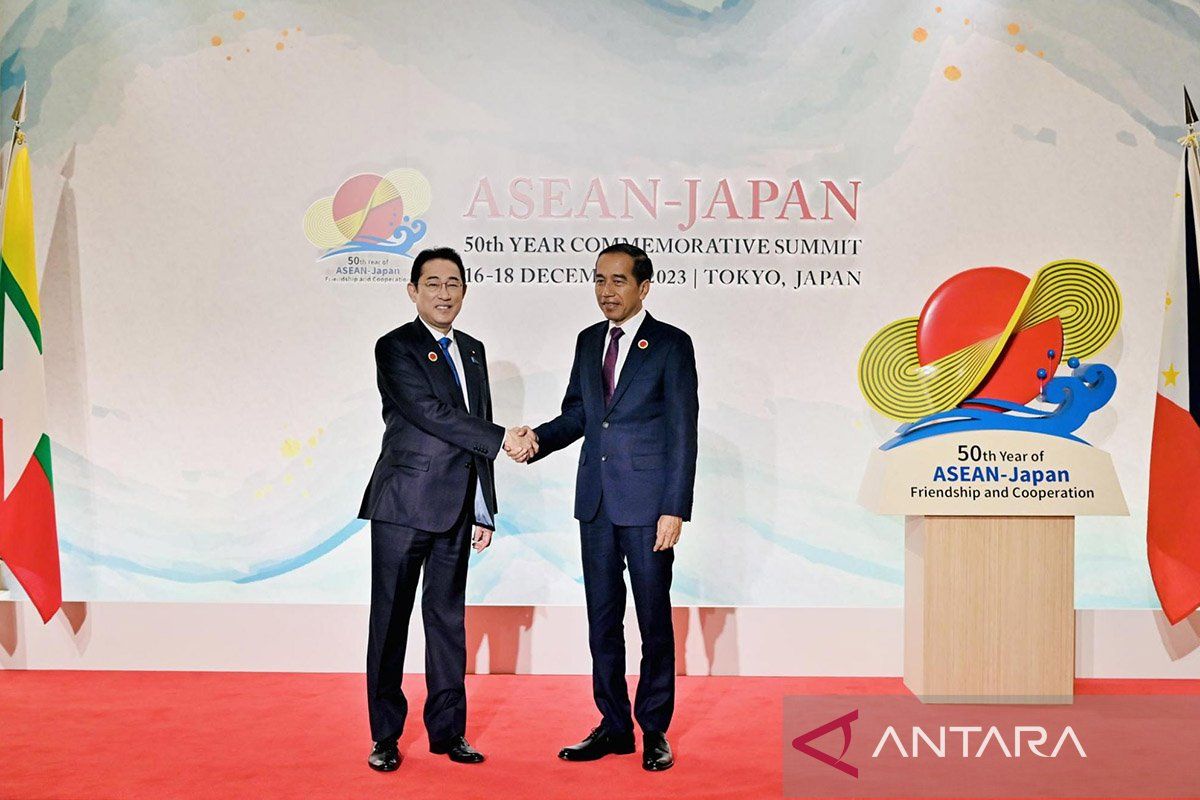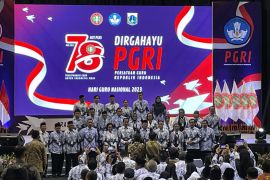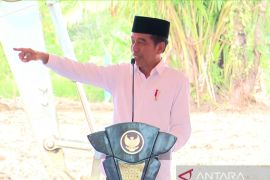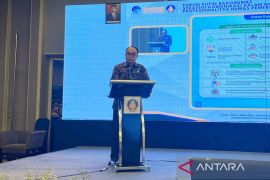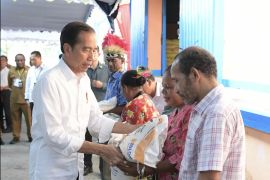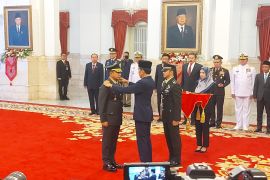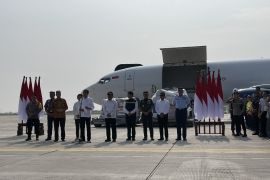According to a written statement from the Presidential Secretariat, the agenda was themed "Partners for the Co-Creation of Economic and Society of the Future".
One of the priorities was strengthening food and energy security.
Regarding the food sector, Jokowi said that ASEAN and Japan must strengthen collaboration to increase productivity and sustainability through developing technology for fertilizer availability and harmonizing agricultural commodity standards.
He stated that Japan has also an important role in helping ASEAN countries accelerate the energy transition, including through the establishment of the Asia Zero Emission Center which was announced by Japanese Prime Minister Fumio Kishida.
"ASEAN-Japan cooperation can also help to encourage investment and the transfer of low-carbon technology, including the development of the ASEAN Green Supergrid and the use of the carbon economy," Jokowi added.
The partnership will also prioritize digital transformation since the potential for the ASEAN digital economy is very large, estimated to reach US$1 trillion by 2030, and will increase to US$2 trillion following the launch of the ASEAN Digital Economy (DEFA), he noted.
"Partnerships with Japan for up-skilling and reskilling human resources, as well as digital connectivity infrastructure, must be a priority," he stressed.
Jokowi also said that the integration of micro, small, and medium enterprises (MSMEs) into the digital ecosystem is important to expand market access and strengthen their resilience.
He said that the ASEAN-Japan Center could help facilitate MSME transformation.
Related news: Jokowi calls for industrial revolution in ASEAN-Japan collaboration
Related news: Jokowi says ASEAN-Japan partnership key to peace, prosperity
Translator: Rangga Pandu A J, Resinta Sulistiyandari
Editor: Anton Santoso
Copyright © ANTARA 2023
